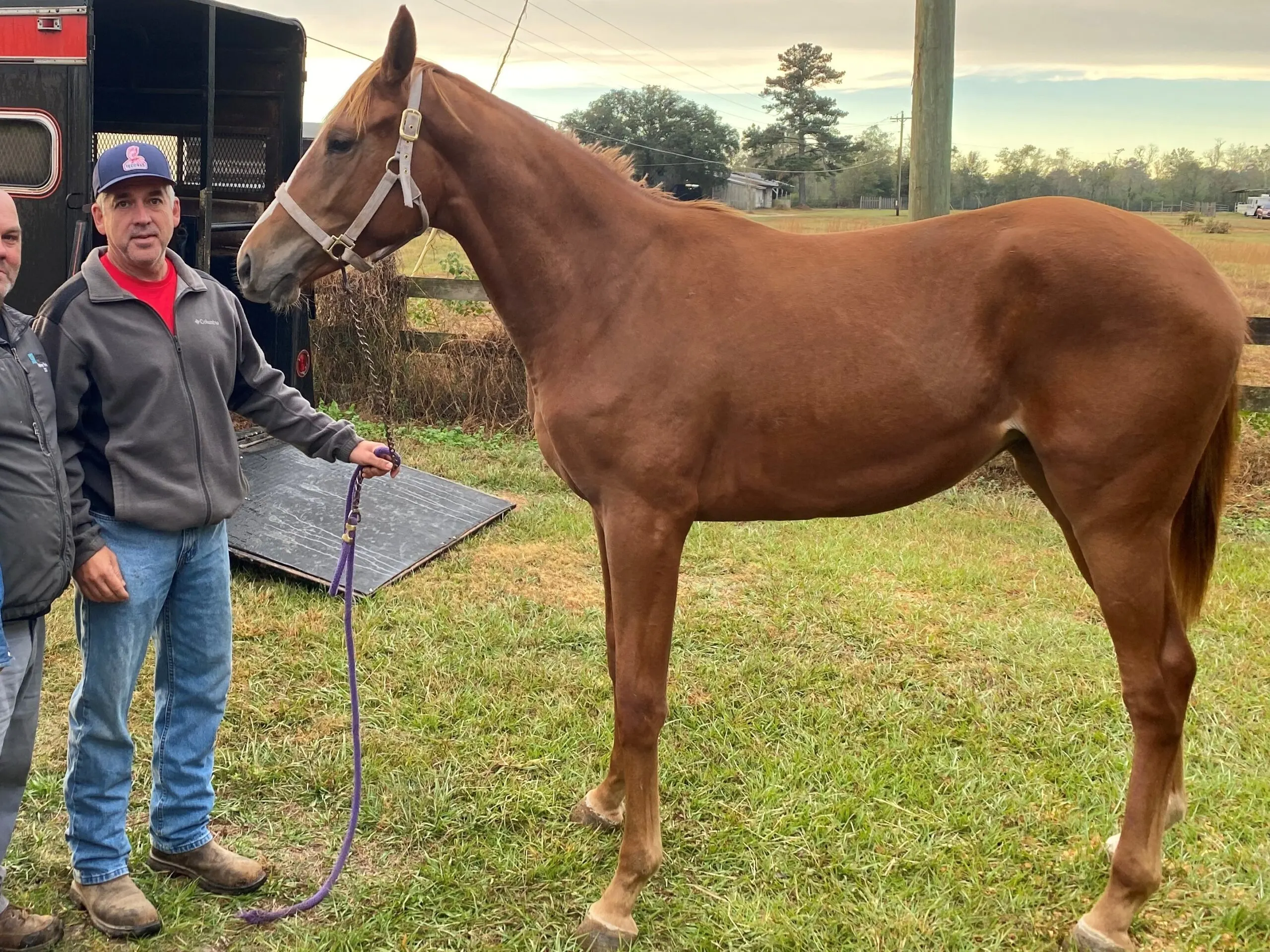Last updated: March 23, 2024
Starting your adventure into horse ownership or riding is thrilling but it can be overwhelming. For years, I have helped people find horses for children and beginner riders, and through this process, I gained some insights into what makes a horse ideal for novice riders.
In this guide, we’ll uncover the traits of beginner-friendly horses, highlight the best breeds for new riders, and share vital safety tips and responsibilities. Join me as we navigate the path to finding your perfect riding companion.
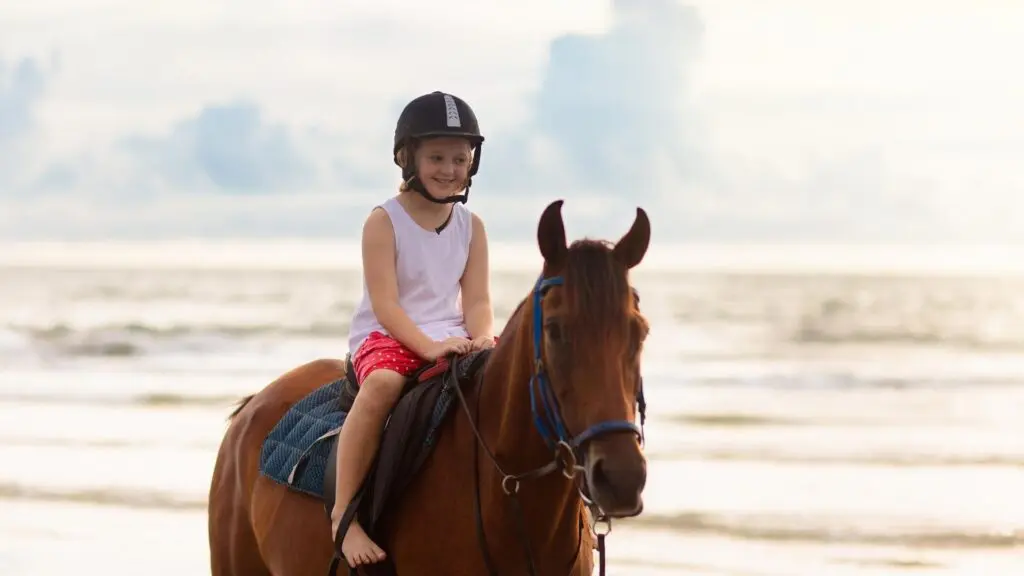
Characteristics of a Suitable Beginner Horse:
A suitable beginner horse is like a patient teacher: calm, forgiving, and steady. These horses possess a gentle temperament, making them less likely to spook or react unpredictably.
They should be well-trained, responsive, and have a consistent performance record, ensuring a safe and positive learning environment for the rider. Physical health and age also play crucial roles; mature horses (usually 10 to 15 years old) often have the experience and demeanor ideal for beginners.
The Importance of Temperament in Horses
When searching for a horse, especially for a beginner rider, the horse’s temperament is crucial. It’s not just about the horse’s physical abilities or its breed; it’s about how well its personality aligns with your riding goals and experience level.
Why Temperament Matters for Beginner Riders
For novice riders, a horse with a calm and forgiving temperament is often the best choice. Such horses are less likely to react unpredictably to unexpected situations or beginner mistakes. This stability is crucial for building confidence in new riders.
A horse that is too energetic or sensitive can be overwhelming and potentially unsafe for someone just learning the ropes of equestrian skills. Imagine being in a new city without a map; a calm companion who knows the streets is more reassuring than an unpredictable one.
Similarly, a beginner rider needs a horse that provides a sense of security and reliability. This assurance allows the rider to focus on learning and enjoying the experience rather than managing a challenging animal.
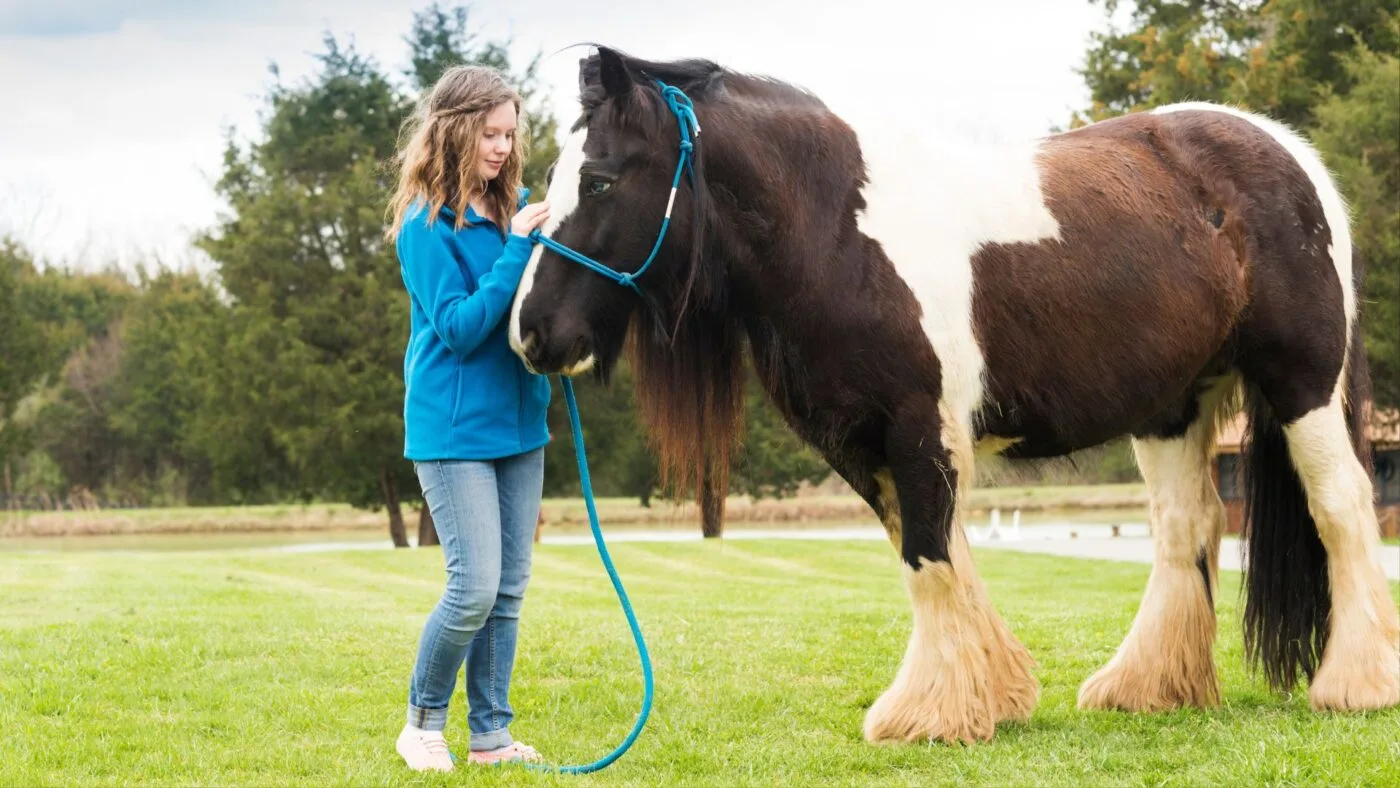
Choosing the Right Horse for Beginners: Maturity and Training
When starting out in horse riding or ownership, the maturity and level of training of your horse are crucial. Let’s dive into why these aspects are so important for a safe and enjoyable experience.
Maturity Matters
A horse’s maturity goes beyond its years. It’s about their temperament and how they handle different situations. Generally, a horse that’s around eight years old or more is considered mature. They’ve been around the block, so to speak, and are more likely to be calm and steady, which is exactly what you want as a beginner.
Think of it like this: a mature horse is like a seasoned teacher, ready to guide you with patience. They’re less likely to get spooked or react strongly to mistakes, making them a safer choice for beginners. But age isn’t everything. I’ve seen younger horses, even three-year-olds, who are surprisingly well-suited for beginners because of their calm demeanor.
The Significance of Training
A well-trained horse is essential for beginners. They understand basic commands—stop, go, turn, slow down—making them easier to control and learn on. Their training includes being handled regularly, which means they’re comfortable with human interaction, from grooming to saddling up, reducing the chances of unpredictable behavior.
Age vs. Experience
While older horses are often more mature, it’s their experience, including training and exposure, that really counts. A younger horse with extensive training can be just as suitable for a beginner as an older horse. The key is finding a horse that’s not only mature but also well-trained.
In my experience, the best horse for a beginner is one that combines maturity with a solid foundation in training. This ensures a balance of reliability and responsiveness, creating a supportive environment for new riders to develop their skills safely and enjoyably.
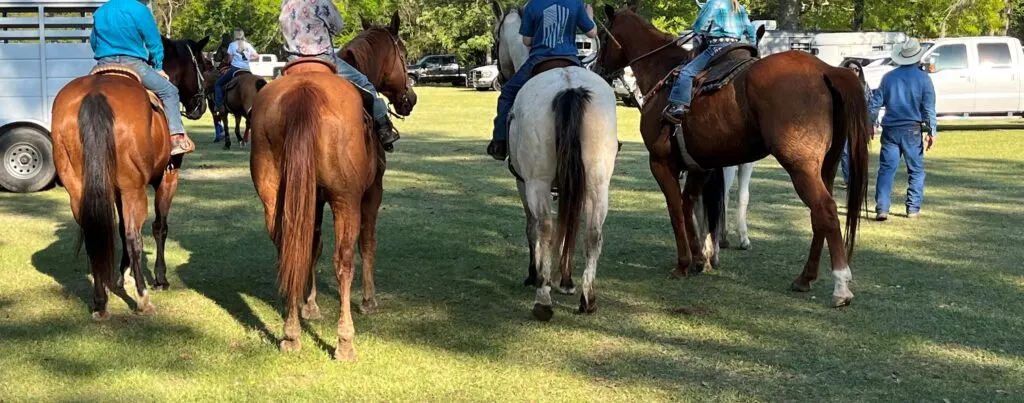
Safety for Beginner Riders:
Safety should always be the priority. Beginners must learn proper riding techniques, understand horse body language, and always wear appropriate safety gear, including a helmet.
Choosing a reputable instructor and a well-maintained riding facility can significantly reduce risks and enhance the learning experience.
Best Horse Breeds for Beginners
Over the years, I’ve found that certain breeds consistently stand out for beginners due to their temperament and ease of handling:
- Quarter Horse: Known for their versatility and kind nature, Quarter Horses are a top choice for novice riders.
- Welsh Pony: For younger riders, the Welsh Pony offers a gentle introduction to horseback riding, combining a manageable size with a calm disposition.
- Morgan Horse: Morgans are renowned for their friendly personality and willingness to please, making them excellent companions for beginners.
- Appaloosa: With their distinctive coat patterns, Appaloosas are not only striking but also known for their even temperament and reliability.
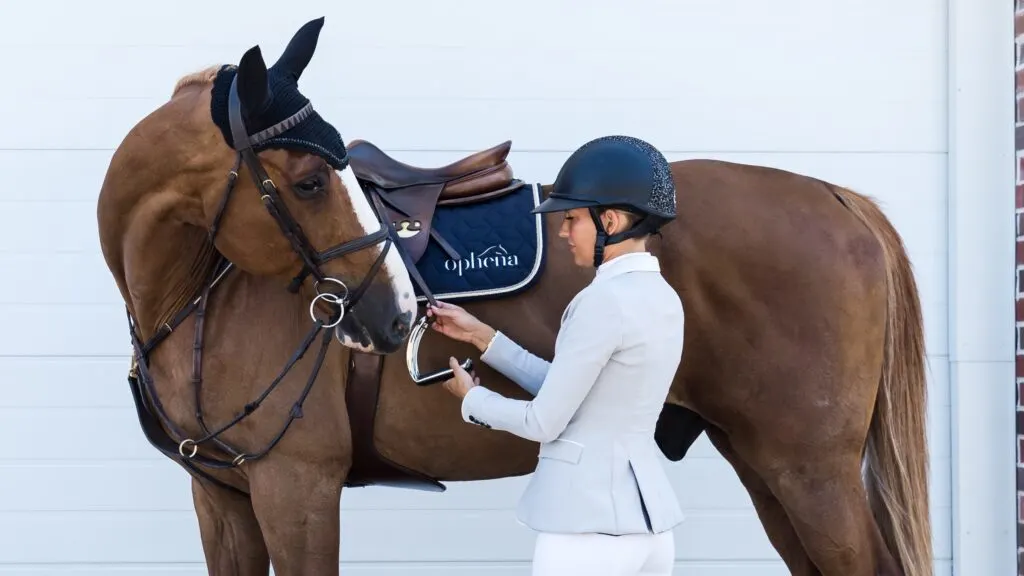
Matching Your Horse to Your Equestrian Activities
Choosing the right horse for your equestrian activities is akin to selecting the perfect dance partner for a specific dance style – each breed has its strengths and specialties. Understanding the relationship between horse breeds and equestrian activities is crucial for beginners to ensure both the rider’s enjoyment and the horse’s well-being.
Matching a horse breed to your equestrian activities requires understanding the breed’s physical capabilities and temperament, aligned with your riding goals and style. This thoughtful approach ensures a fulfilling and successful partnership between horse and rider.
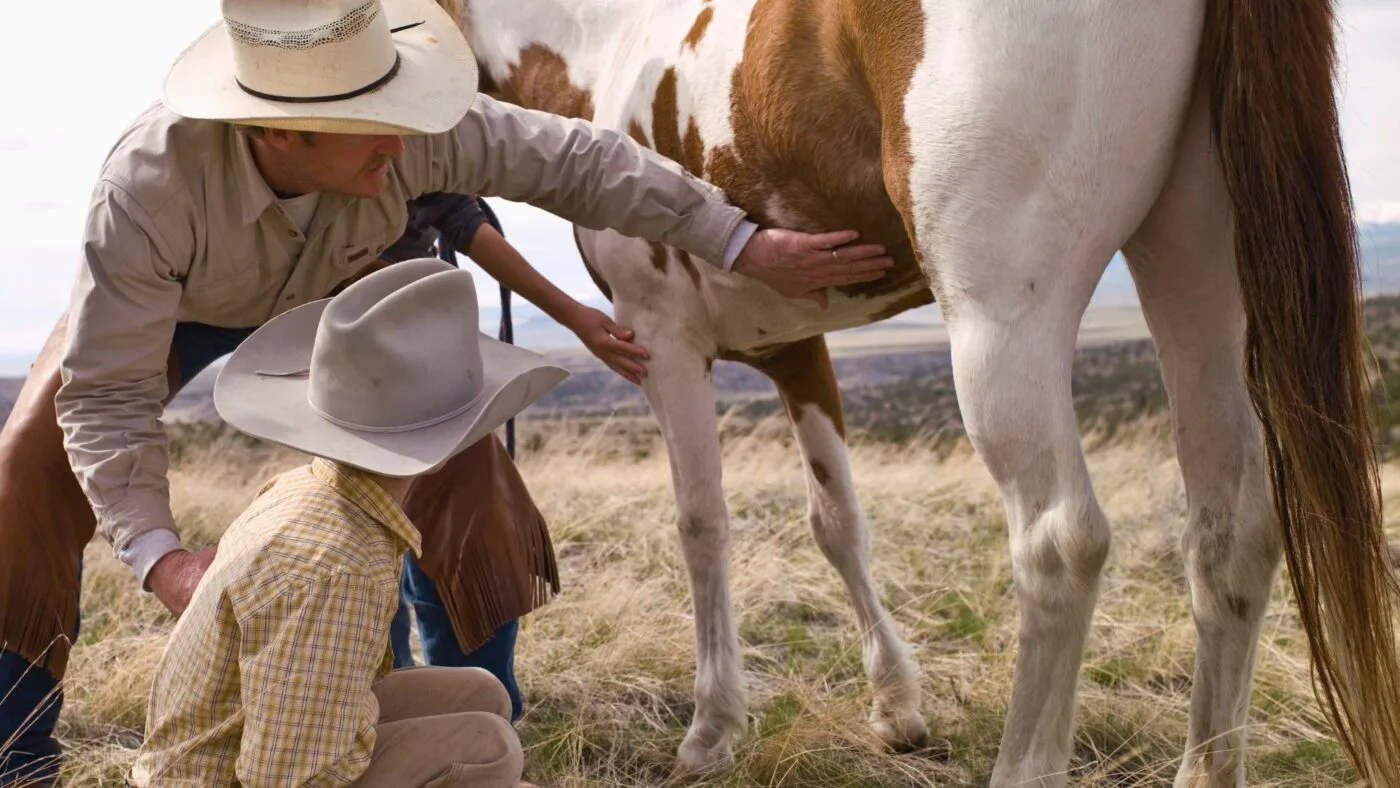
Seek Expert Guidance in Horse Selection
For beginners in the equestrian world, the journey of selecting the right horse can be as daunting as it is exciting. This is where the wisdom and experience of seasoned equestrians and trainers become invaluable.
Seeking expert guidance when selecting a horse is a step that beginners should not overlook. It ensures a more informed, safe, and suitable choice, paving the way for a rewarding and enjoyable equestrian experience.
Consulting with experts is not just a step in the process; it’s a crucial decision-making tool that can significantly influence your horse-riding journey.
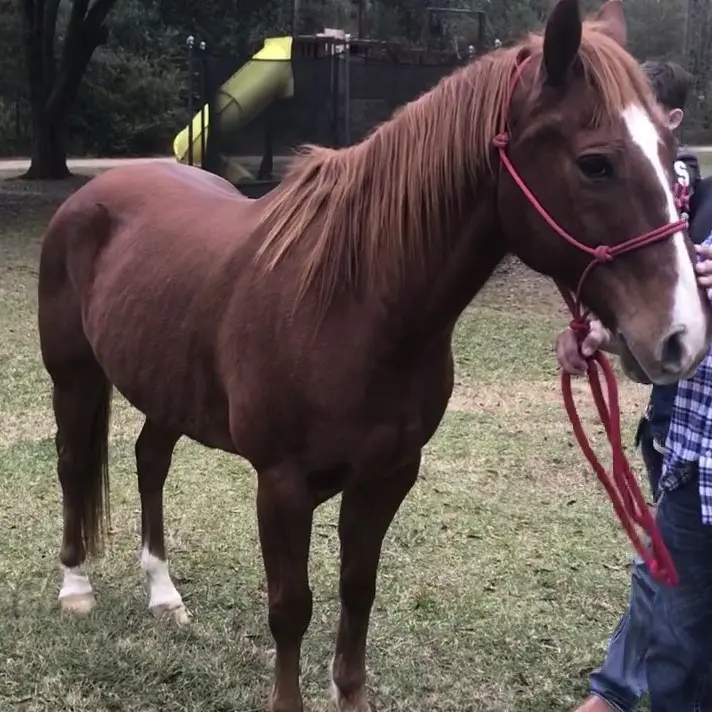
Before You Buy a Horse, Follow These Rules
Ride the Horse
Experience the horse firsthand before making a decision. Riding and handling the horse yourself are crucial to understanding its temperament and training level. Remember, a horse’s behavior online can be very different from its real-life demeanor. Ideally, arrange for a trial period to ensure the horse is a suitable match for you.
Seek Expert Evaluation
Have an experienced equestrian or trainer evaluate the horse. They can spot nuances in behavior, training, and health that you might miss. This step is vital in avoiding common pitfalls in horse purchasing, such as overlooking health issues or behavioral problems.
Conduct a Vet Check
Ensure the horse undergoes a thorough veterinary examination before purchase. This check can reveal health issues that aren’t immediately apparent and save future expenses and challenges. Even a horse that appears healthy can have underlying conditions.
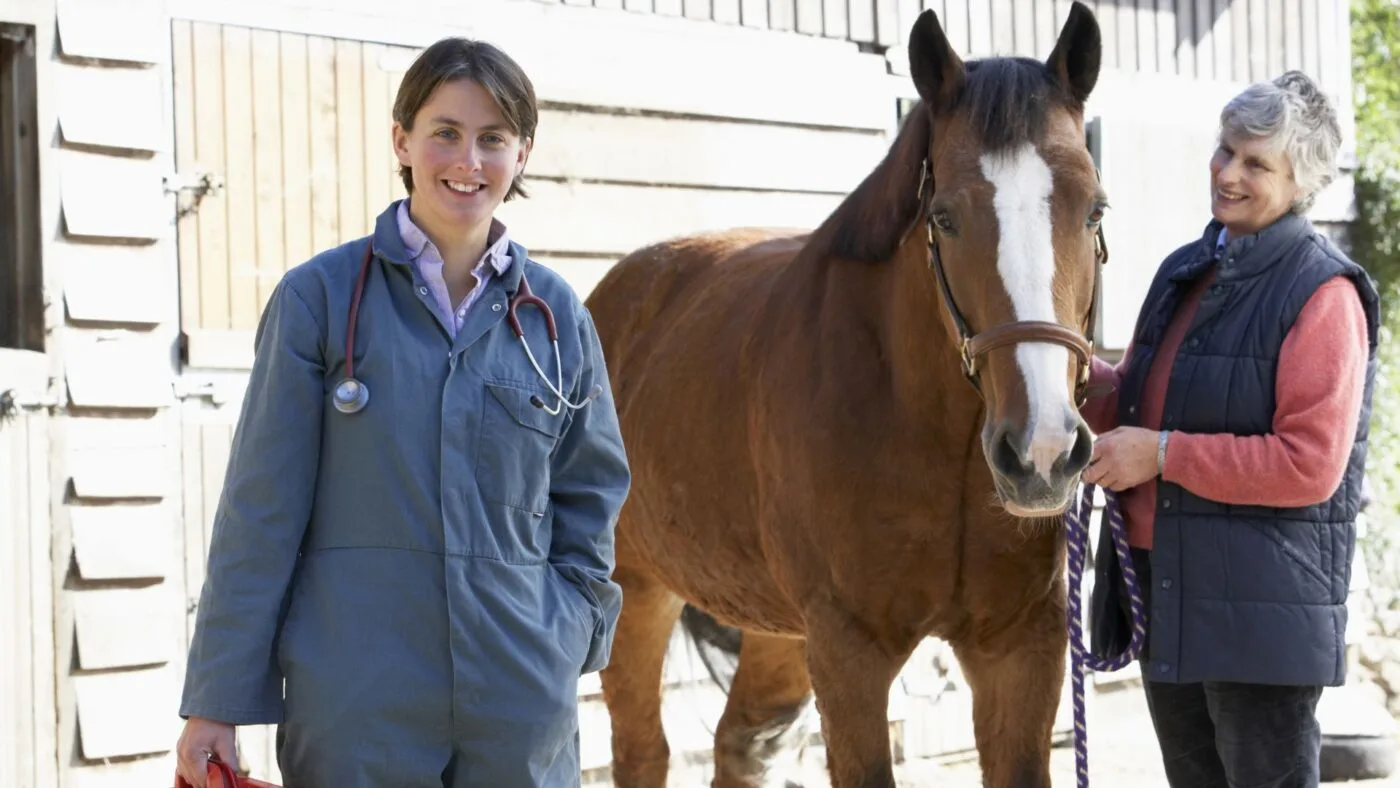
Research the Horse’s Background
Gather as much information as possible about the horse’s history, including previous veterinary care and performance in events. Be wary of sellers who are not forthcoming with information. Utilize resources like horse rescue societies or adoption agencies, which can provide valuable insights into a horse’s history and temperament.
Secure a Bill of Sale
Obtain a comprehensive bill of sale with all necessary details about the horse. This document should cover the horse’s identifying marks, registration number, seller information, and warranties or guarantees.
Ask Essential Questions
Inquire about the horse’s registration, health history, training, behavior, reasons for sale, and more. These questions can help you assess the horse’s suitability and avoid potential issues.
Personal Anecdote: In my experience, thorough vet checks and background research are crucial. I once purchased a lame horse, which was a treatable condition. This experience underscores the importance of not taking appearances at face value and ensuring a comprehensive evaluation.
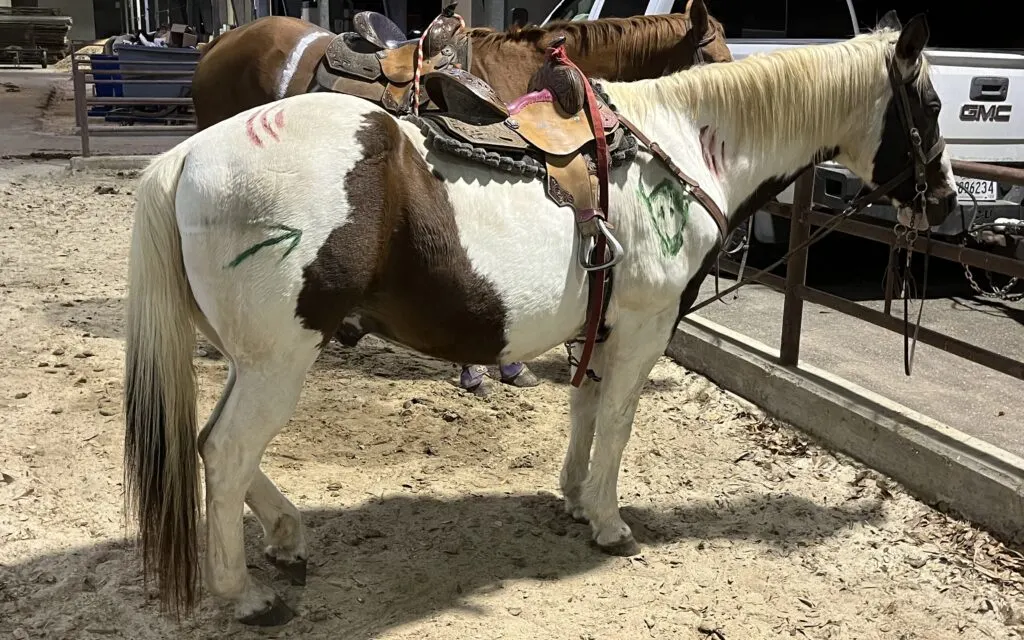
Conclusion: What Is the Best Horse for Beginners?
Conclusion:
Selecting the right horse for a beginner is a critical step in fostering a lifelong love for riding and horse care. Reflecting on my experiences in choosing horses for my children and other beginners, I’ve seen firsthand the joy and growth that come from a well-matched horse and rider.
Remember, the best horse for beginners is one that ensures safety, builds confidence, and makes learning enjoyable. As you embark on this exciting journey, may you find a horse that not only teaches you the ropes but also becomes a cherished friend.
Share Your Experience
Your journey and experiences are valuable, and we would love to hear about them! Whether it’s your first horse selection experience, a learning moment, or a joyful memory, your stories can inspire and guide others in the community.
Share your experiences in the comments section below or join our community forum to connect with fellow equestrians. Your insights could be the guiding light for someone else’s journey. Let’s grow together in our shared passion for horses! 🐴💬
Additional Resources
- Expert Studies:
- Community Forums:
These resources can help you through on your equestrian journey. From understanding the basics to connecting with professionals, they offer a comprehensive look into the world of horses.
FAQ
Which horse breed is the calmest?
The calmest horse breeds are drafts, Belgiums, Clydesdales, and Shires. However, warmblood breeds like the Irish Sport Horse are the calmest for beginner riders. Horses are individuals; you can find calm horses in almost any breed.
What is the most aggressive horse breed?
Hot-blooded horse breeds are the most aggressive. Hot-blooded breeds include Thoroughbreds, Arabians, and Akhal Tekes. These breeds can be stubborn at times and tend to act out if faced with stressful emotions from their rider or other stimuli around them, such as another animal close by, leading to injury.
Meet Miles Henry
An avid equestrian and seasoned racehorse owner, Miles Henry brings his extensive experience to the equine world, proudly associating with the AQHA, The Jockey Club, and various other equine organizations. Beyond the racetrack, Miles is an accomplished author, having published various books about horses, and is a recognized authority in the field, with his work cited in multiple publications.
🔗 Connect with Miles:
Twitter
Facebook
YouTube: Check out race highlights, horse care tips, and more!

